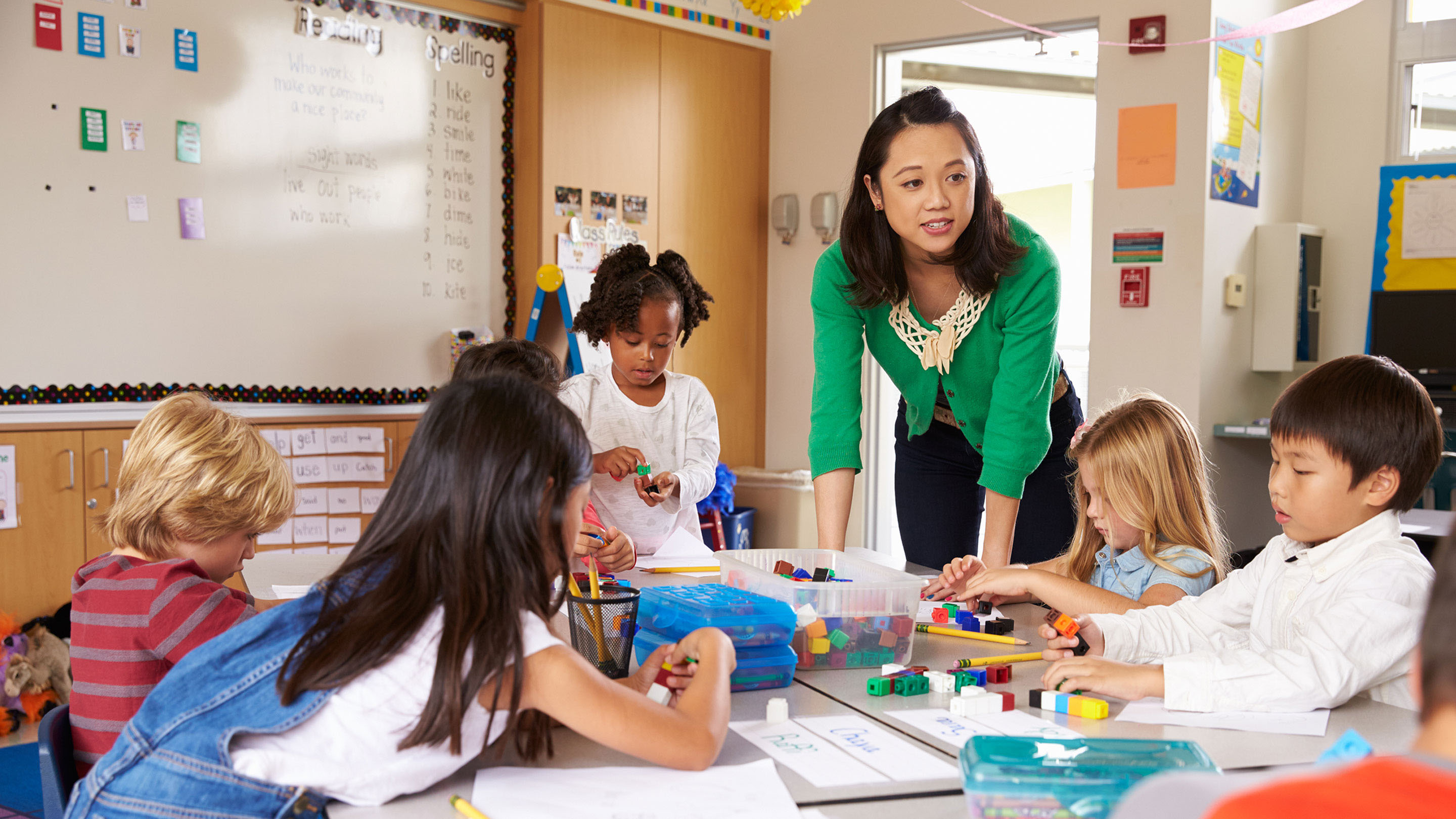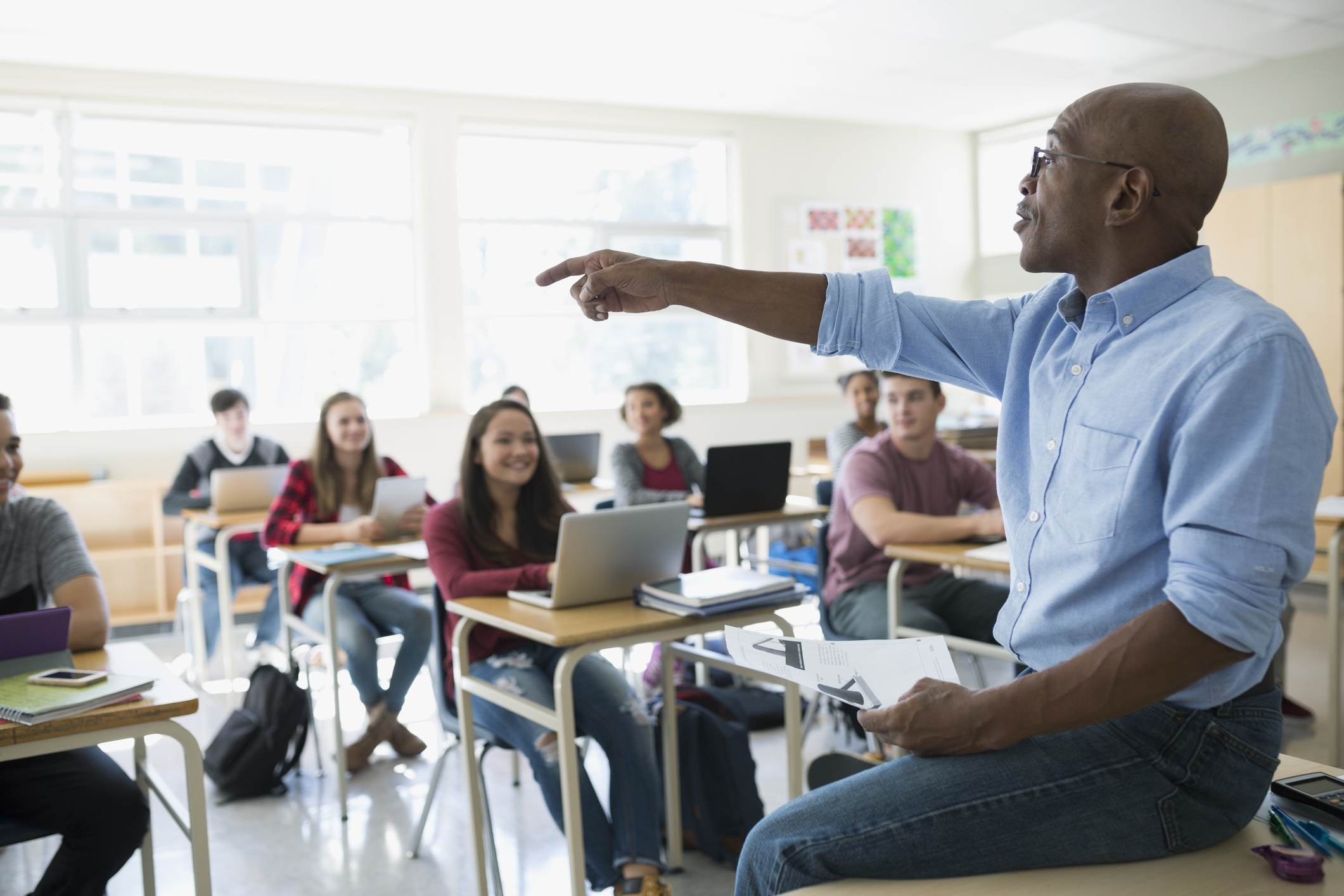Discover the Best Primary Science Tuition Singapore for Your Learning Journey
Discover the Best Primary Science Tuition Singapore for Your Learning Journey
Blog Article
Discovering the Various Teaching Strategies in Main Scientific Research Education Today
The landscape of primary science education is advancing, with numerous teaching methods gaining prestige in contemporary class. Inquiry-based knowing, hands-on experiments, and the integration of innovation are redefining exactly how teachers engage young minds. In addition, joint strategies and differentiated guideline are being used to satisfy the diverse demands of trainees, improving both interaction and understanding. As we check out these methods, questions arise regarding their efficiency and the effects for future educational methods. What might these changes in approach mean for the future generation of students?
Inquiry-Based Discovering
Inquiry-Based Understanding (IBL) is a pedagogical technique that motivates trainees to discover scientific ideas through questioning, investigation, and hands-on trial and error. This approach emphasizes the function of pupils as active individuals in their learning, advertising critical reasoning and problem-solving abilities. By engaging with real-world inquiries, students come to be curious and inspired, which improves their understanding of scientific principles.
In IBL, educators act as facilitators, directing trainees as they navigate their inquiries rather than delivering information directly. This student-centered technique enables differentiation, fitting different learning designs and rates. Students create abilities in formulating hypotheses, developing experiments, and evaluating information, which are vital for clinical literacy.
Additionally, IBL cultivates cooperation amongst pupils, motivating them to share concepts and searchings for. This cumulative questions promotes social skills and a sense of community within the class. Moreover, the procedure of inquiry encourages resilience, as students discover to embrace failing as a tipping rock toward understanding.
Hands-On Experiments
Hands-on experiments are an important component of effective scientific research education and learning, complementing the concepts of inquiry-based knowing. These experiments allow pupils to involve straight with scientific concepts, cultivating a deeper understanding with experiential knowing. By adjusting materials and observing outcomes, young students can understand abstract concepts in concrete ways.
Such tasks promote critical thinking and problem-solving abilities, as trainees assume end results, conduct experiments, and examine results. This procedure motivates them to ask questions, improve their understanding, and create a clinical frame of mind. Moreover, hands-on experiments can be customized to diverse understanding designs, making sure that all students have the chance to engage meaningfully with the content.
Furthermore, hands-on experiments typically urge cooperation amongst peers, promoting synergy and interaction skills. Functioning in groups enables trainees to share concepts, review findings, and pick up from one an additional, which enhances their total academic experience.
Incorporating hands-on experiments right into the key science curriculum not just enhances the finding out atmosphere however additionally grows a long-lasting rate of interest in science. By actively joining their education and learning, trainees are most likely to develop an interest for scientific query that expands past the classroom.

Innovation Integration
Incorporating innovation right into primary scientific research education has actually ended up being significantly crucial in fostering pupil engagement and boosting discovering end results. Using electronic tools, such as interactive simulations, online laboratories, and academic software program, provides trainees with opportunities to discover clinical ideas in innovative ways. These sources promote a deeper understanding of complex subjects by allowing learners to envision and manipulate variables that would be impractical in a typical class setting.
Additionally, technology combination urges read this individualized learning experiences. Trainees can advance at their very own rate, reviewing tough principles through multimedia resources, which satisfy various knowing styles. This versatility not only sustains individual development yet likewise grows a sense of freedom in students.
Additionally, innovation serves as a bridge to real-world science, attaching trainees with existing research and professional contributions. Accessibility to scientific journals and on-line data sources expands students' viewpoints on scientific inquiry and fosters vital believing skills.
Collaborative Learning
Collective learning plays a crucial duty in primary science education and learning by fostering teamwork and interaction abilities amongst pupils. This strategy encourages students to collaborate, share expertise, and participate in problem-solving, which enhances their understanding of scientific principles. By participating in group activities, pupils learn to articulate their concepts, listen to varied viewpoints, and discuss remedies, every one of which are necessary skills in both scholastic and real-world contexts.

Research indicates that collective understanding can bring about increased motivation and involvement in scientific research topics, as pupils find satisfaction in shared experiences (primary science tuition Singapore). Additionally, this strategy prepares pupils for future collaborative endeavors, equipping them with the abilities needed for effective synergy in college and professional atmospheres. Eventually, accepting collaborative knowing in key scientific research education can significantly enhance the discovering experience and promote a deeper understanding of scientific questions
Separated Direction

Differentiated direction can manifest in numerous ways, such as varying the web content, procedures, or items of knowing. For example, instructors might use tiered tasks that supply differing degrees of intricacy, allowing students to Visit Your URL work at their corresponding readiness degrees. In addition, adaptable organizing strategies can promote cooperation among students with various capabilities, fostering peer discovering.
Evaluation plays an important role in this approach, as it notifies instruction and helps instructors comprehend each student's one-of-a-kind demands. Developmental analyses, such as tests and observations, can guide instructors in adjusting their techniques to enhance learning end results. primary science tuition Singapore. Eventually, by carrying out differentiated guideline in key scientific research education and learning, teachers can grow a more fair and effective discovering setting, equipping all trainees to reach their full capacity in recognizing clinical phenomena
Conclusion
In summary, the diverse mentor methods in key scientific research education, including inquiry-based discovering, hands-on experiments, innovation combination, collaborative learning, and distinguished instruction, jointly contribute to a more reliable knowing setting. These methods advertise crucial reasoning, problem-solving abilities, and a deeper comprehension of clinical principles. By executing these methods, instructors can create appealing and supportive class that address the diverse requirements of pupils, inevitably fostering a long-lasting passion in science and boosting academic success.
Inquiry-Based Learning (IBL) is an instructional strategy that encourages students to check out clinical ideas through wondering about, investigation, and hands-on trial and error.Collective learning plays a vital function in main scientific research education and learning by promoting team effort and communication abilities amongst students.Research study indicates that collective discovering can lead to enhanced inspiration and involvement in scientific research topics, as trainees discover pleasure in shared experiences.In promoting an inclusive understanding environment, distinguished instruction arises as an essential technique to fit the varied requirements and capabilities of trainees in key science education. Ultimately, by executing distinguished direction in main scientific research education, educators can cultivate a much more effective and fair learning atmosphere, equipping all pupils to reach their complete capacity in comprehending clinical phenomena.
Report this page